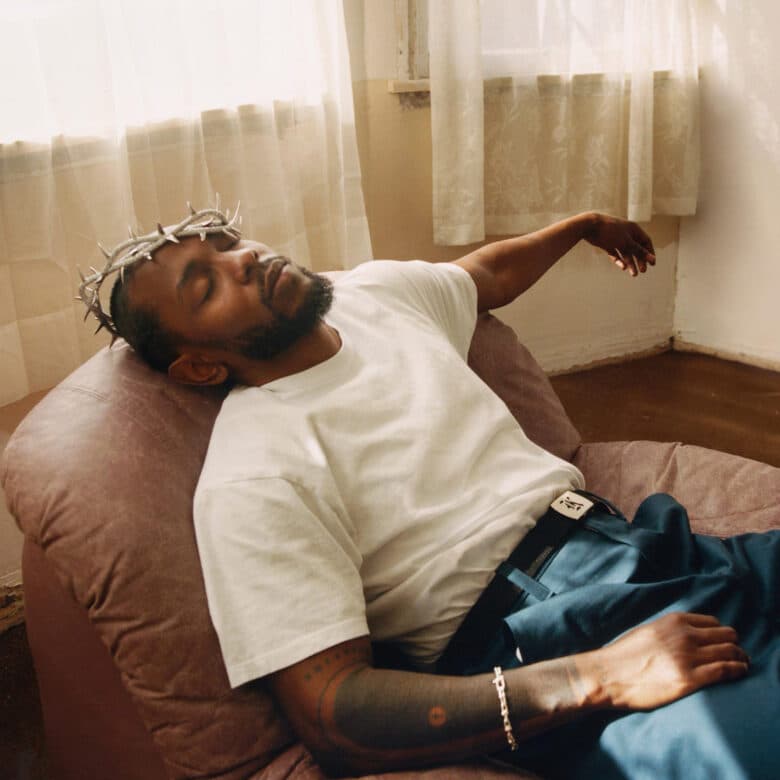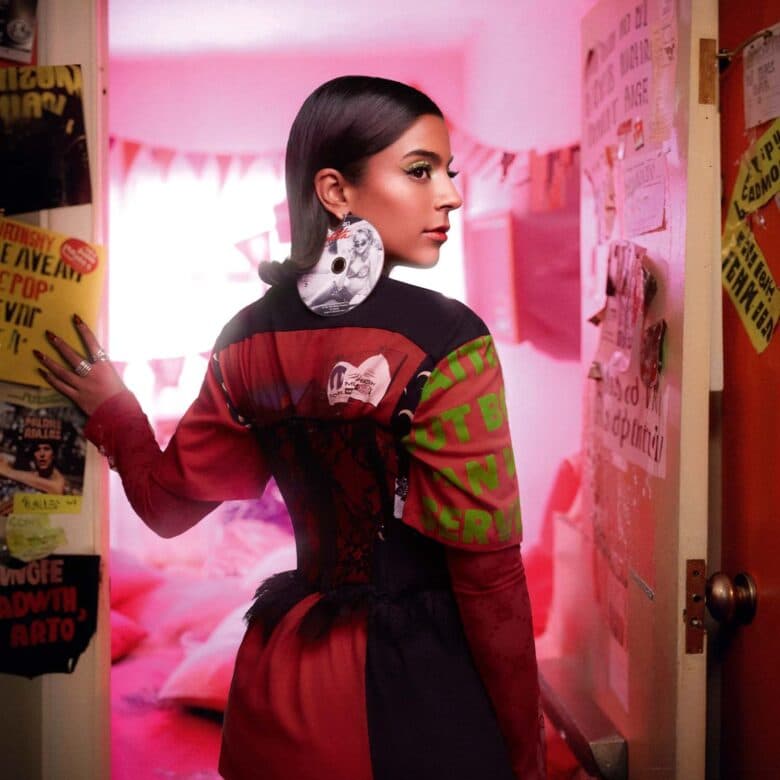Meet Stephan James, the captivating star of ‘If Beale Street Could Talk’
After his evocative Oscar-winner Moonlight, Barry Jenkins’ follow-up was eagerly anticipated in the years following, and boy was it worth the wait. If Beale Street Could Talk is a film so full of heart and honesty that it’s potency in our current climate is overwhelming: a story of racial struggles, injustice and most importantly, the purest power of love, of love trumping hate. In the lead role of artist Alfonso, aka Fonny, is Stephan James: a sensitive, kindhearted man who spends his days sculpting, dedicated to making his love Tish (KiKi Layne) happy and safe. But one life-altering day, like far too many young black men in America, Fonny is arrested and jailed on an unjust charge. With both Fonny, his family and Tish’s family fighting for his rights, the story follows the trials that too many minorities face to this day, and puts a face to the many who are still at war with injustice.
“Love brought you here”, was Jenkins’ favourite line from the Baldwin novel, and this seems to be the film’s overriding message, that love is the power that fights hate, it’s the cure to fear and it’s what drives us all, in every shape and every form. As Stephan James emphasises to us, “There’s a million people who will never get a film made about them and will always be seen as a a statistic: it meant a lot to give these guys a voice, to show they loved people and were loved, to show they were loved and their families are fighting for their freedom.” We met the actor to discuss his role in Jenkins’ captivating film, and how it found its place in the powerful dialogue of our vital movements today.
What were your expectations approaching this project and working with Barry Jenkins?
I think immediately I thought Barry Jenkins, James Baldwin – it’s probably going to be pretty beautiful. It struck me that there are no two better people to tell a story like this. They are both so incredibly gifted in terms of their language and poetry: they are incredible descriptors of love, passion and tragedy, all at the same time. I expected a beautiful poetic love story, and one which would be important. But it’s one thing to expect, and another thing to go and do it.
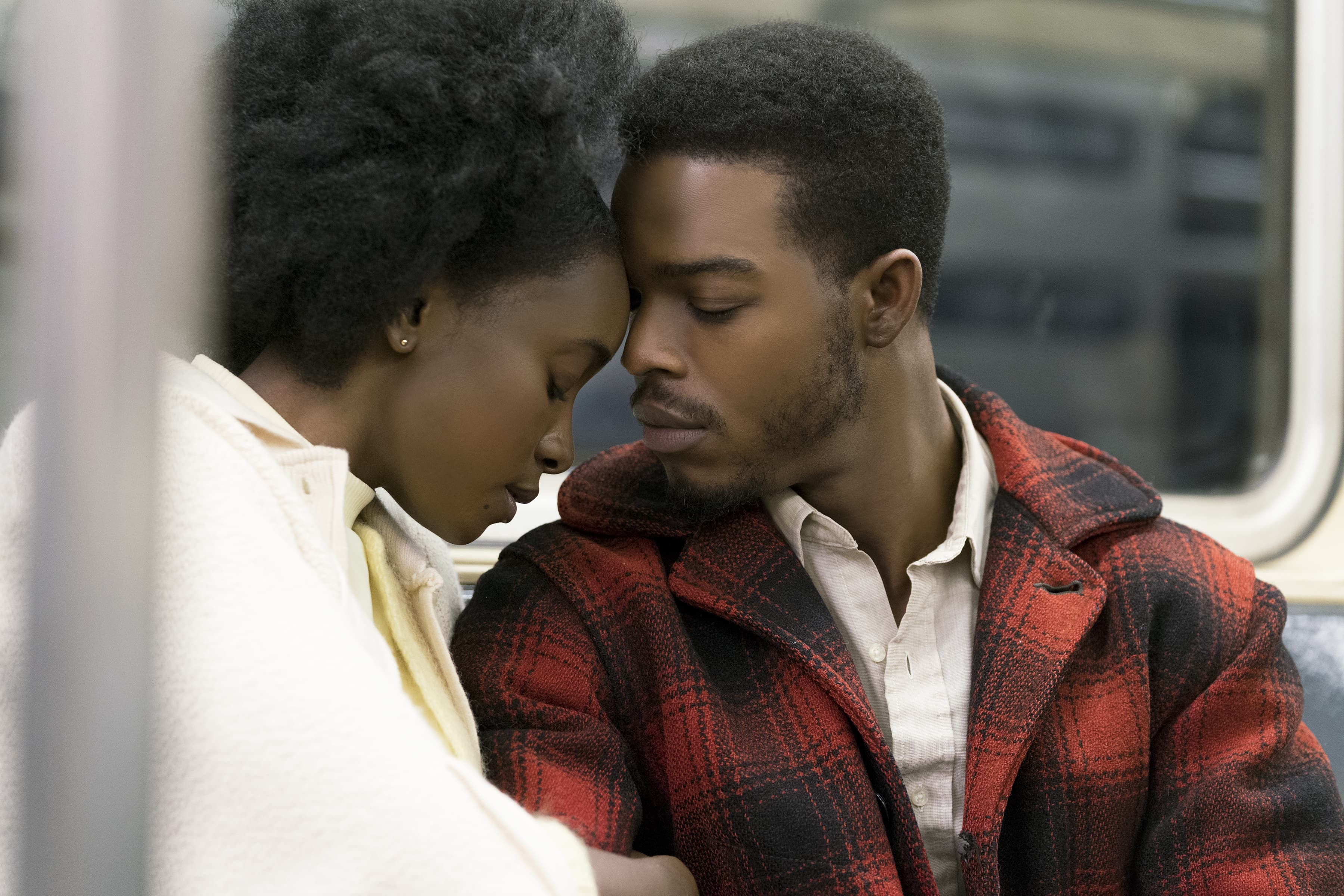
How did you approach the central focus, the love story?
It was essential to have KiKi [Layne], who is a newer actress but absolutely incredible. I think we just both accepted the weight and responsibility of the roles. We looked each other in the eye and said if they don’t believe us the whole thing will collapse. I know we were strangers but we had to immediately get comfortable with each other: to dive in and trust one another, so it was safe to explore, be vulnerable and try things.
How did approaching a script based so heavily on a literary text differ to you?
I don’t think I’ve ever been a part of adapting a novel. I think to me as an actor it means more source material: it takes 20 hours to read this book and two hours to watch the movie. For me having the book to go back to, and fill in the backstory to understand where Fonny was a child, 20 years before the film takes place has been really helpful. It’s been great to colour performance, so much of the film is silent, you’re carrying these emotions without much being said. It helps carry the nuances that Baldwin is so good at describing. So for me it was such a good thing to refer to, I read it four or five times.
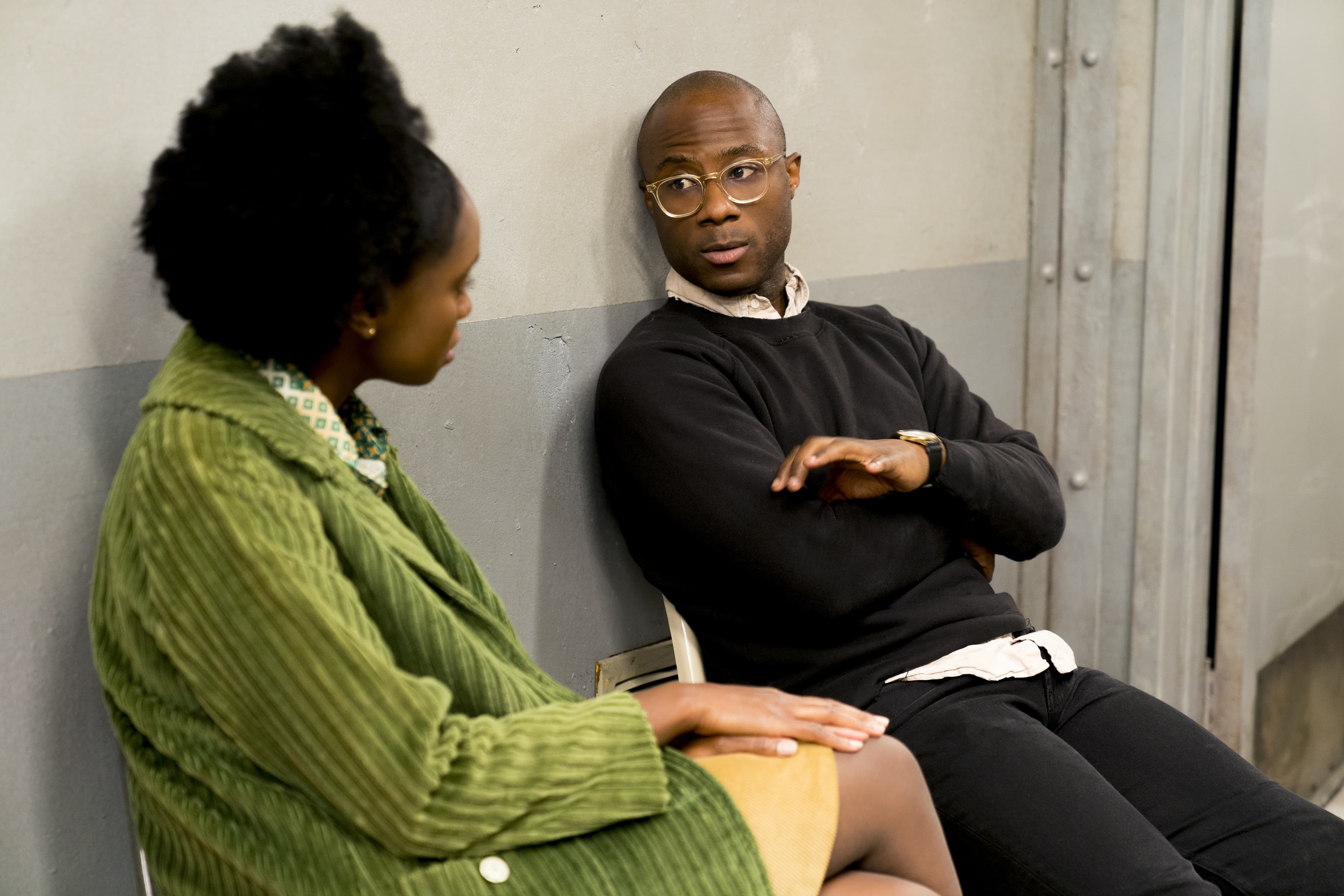
Where did you draw influence from when preparing to play the role of Alfonso?
My biggest influence came from a young man by the name of Kalief Browder who was arrested in New York for petty theft of a back pack and he had to spend time in solitary confinement as a 16 year old boy. That was in 2010, not even that long again, it was ever so real and prevalent. What struck me about this story was hearing him describe the physical and mental pressures he experienced – the prison walls are literally designed to break these young spirits down. You’re not supposed to survive that. To have to come to the realisation that Kalief and Fonny [Alfonso] are – in actuality – one in a million, they both represent so many young men who themselves represent a system that is supposed to protect you but fails to do so with a particular group of people time and time again. There’s a million people who will never get a film made about them and will always be seen as a a statistic: it meant a lot to give these guys a voice, to show they loved people and were loved, to show they were loved and their families are fighting for their freedom. I certainly had to draw from real life and understand this was bigger than me.
As you’ve just pointed out, this is a story which is repeating itself year after year, how did it feel to be portraying such a prevalent issue in our current political environment?
It felt like a big responsibility – false imprisonment is at its highest rate ever and so to be able to speak of this systemic injustice is important. The system is fundamentally flawed and has been for years, so to be able to make something like this is revolutionary in a way. In reality, we’re unable to be a fly-on-the-wall in these prisons, and see what it looks like for a young man to keep his composure whilst his wife and child are on the other side of the glass. It felt like I was doing something new, something for the first time.
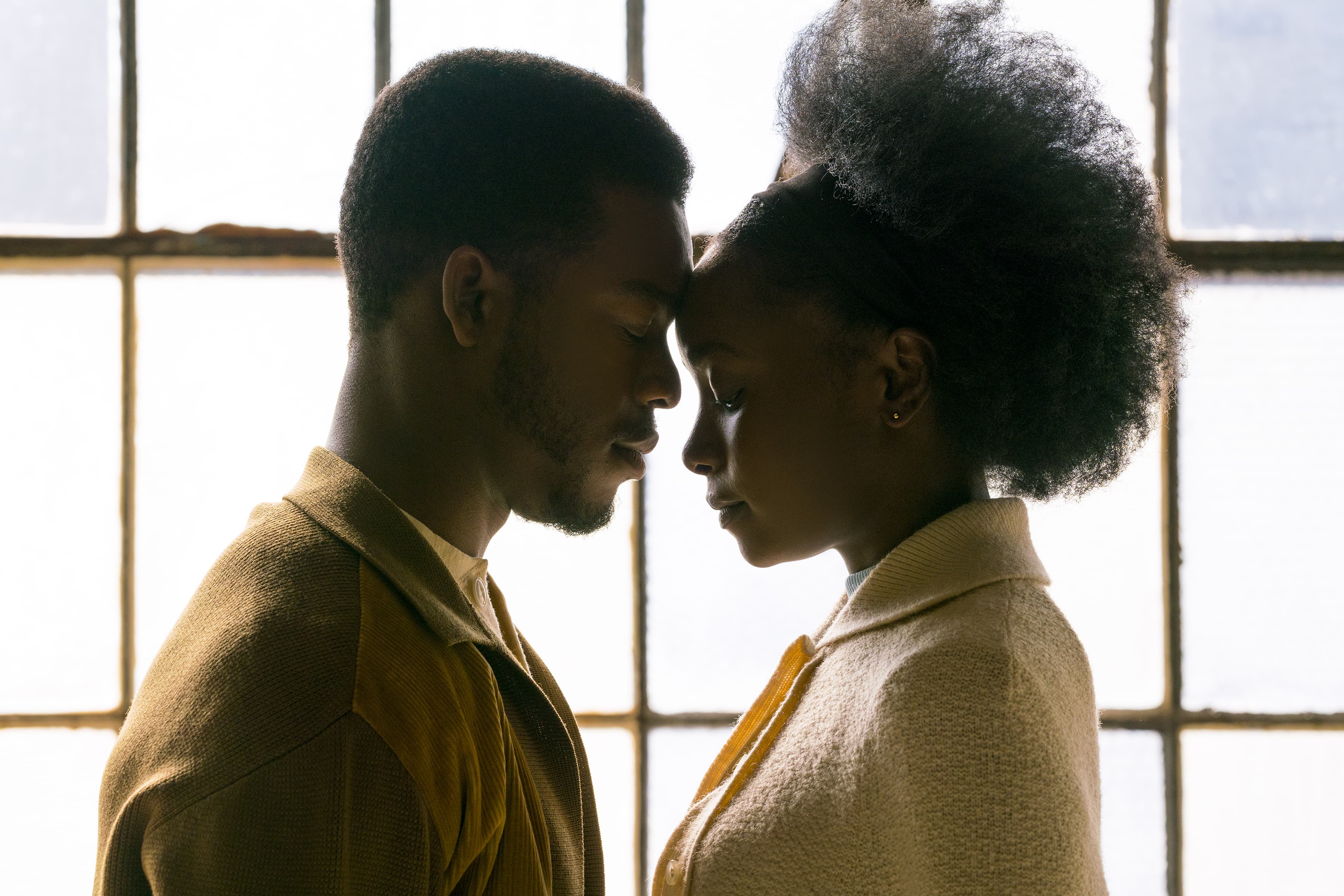
2018 was an especially great year for black cinema, do you feel like this is going to be a step forward?
Absolutely, I feel like we are in the middle of a black renaissance. The greatest part about it is that these black stories are all so different. They all capture different perspectives about the black experience. Sorry To Bother You, BlackkKlansman, Black Panther, If Beale Street Could Talk they all came into existence at the same time – what an incredible thing we are able to see. We can get all these perspectives into our experience. It’s been a long time coming and this is the result of years of work, having to be especially unapologetic in the stories we tell.
Do you think this is going to lead you in another direction in terms of your career?
When you’re part of any film that has been recognised like this has, and if your tied to someone who won best picture people trust you more as a performer. They appreciate your art and craft, it definitely doesn’t hurt my career. (laughs)
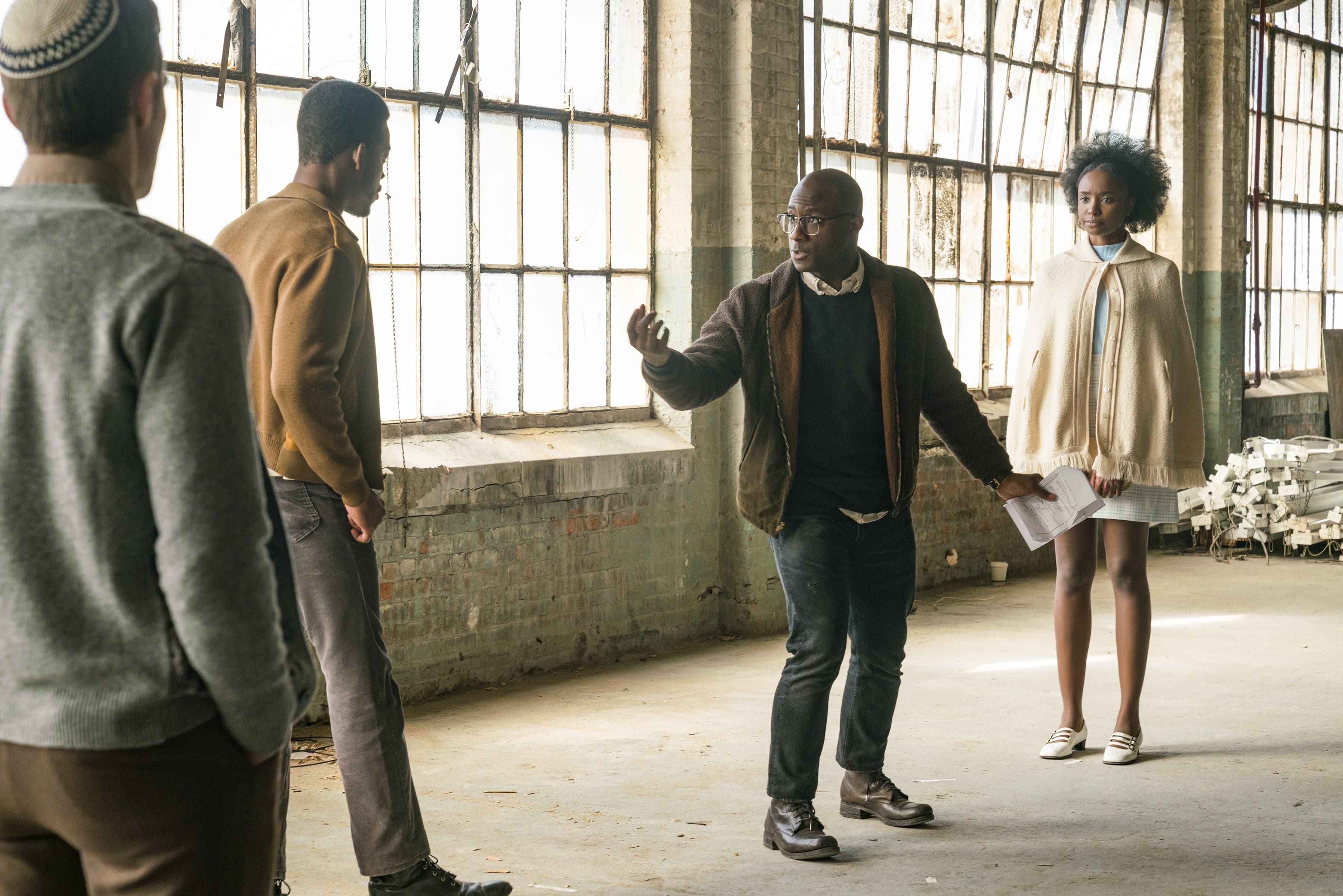
Do you have any films that have shaped your existence?
Hmm I haven’t thought about it personally, really. In terms of shaping my career, like Reservoir Dogs, The Heat, Lion King, Talented Mr Ripley, What’s Eating Gilbert Grape? Filmmakers always have films at the core of them as to why they ever got started, and these are mine.
Would you like to direct in the future?
Absolutely. I’ve worked with some of the best filmmakers out there and have gotten so much out of it. I’m looking forward to the day I can be on the other side of the camera. Maybe I’ll hate it, but I’m still looking forward to it.
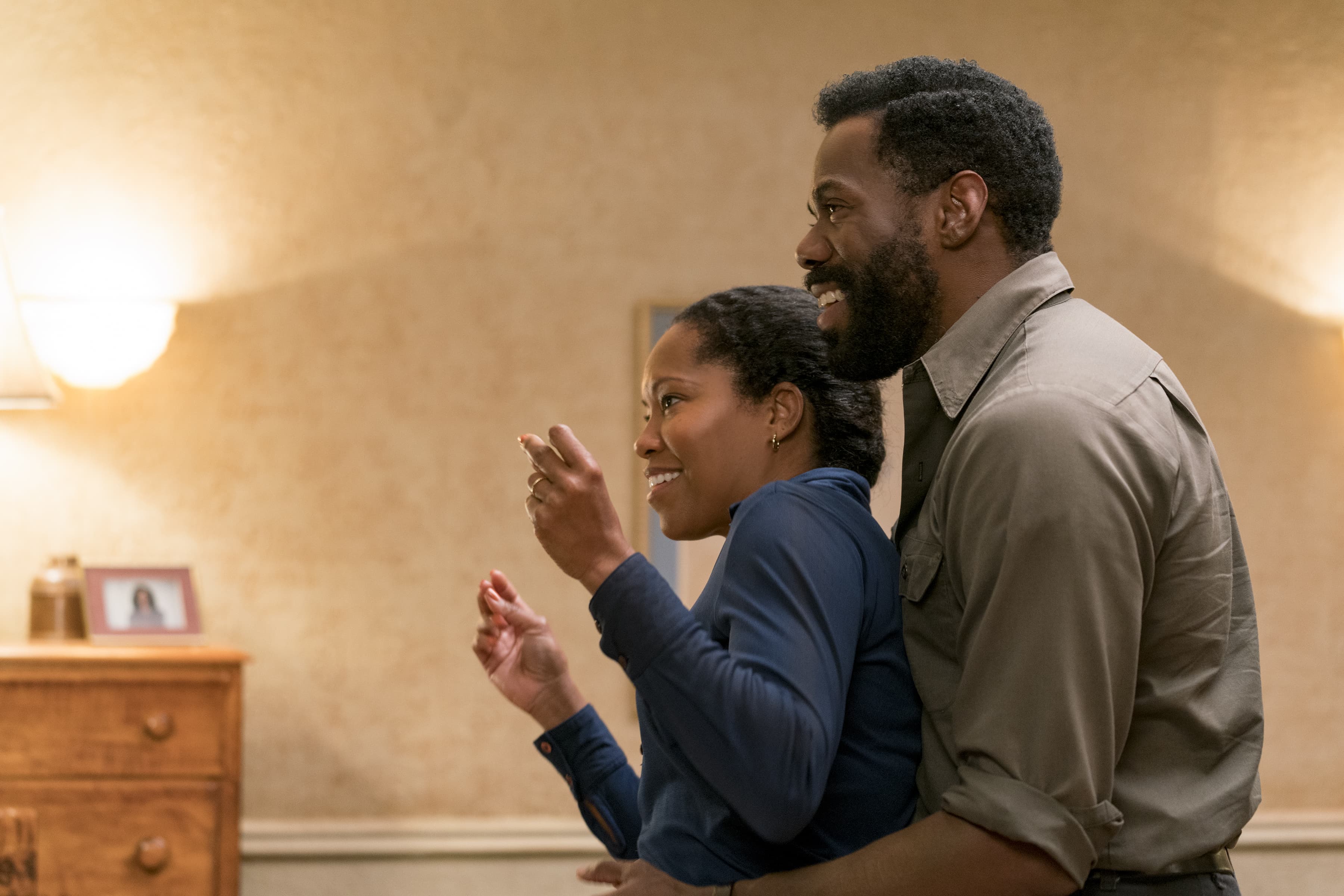
What’s the best advice you’ve been given?
Everybody brings something new to the table as far as filmmakers go. But something I’ve realised over the course of my career is the importance of being a real auteur and not just being a director. My understanding that the best filmmakers seem to have a bigger role than just directing. Your job is to have everyone intertwined and connected: on the same page. That’s the most important thing I’ve learnt.
Any cinematic icons?
Oh yeah I have a few. Leonardo DiCaprio, Sean Penn, Idris Elba, Denzel Washington, Philip Seymour Hoffman, Christian Bale, Don Cheadle. I have a lot of guys I look up to: these are guys I ultimately respect and have inspired me in ways they may never even know!
If Beale Street Could Talk is in cinemas now.
